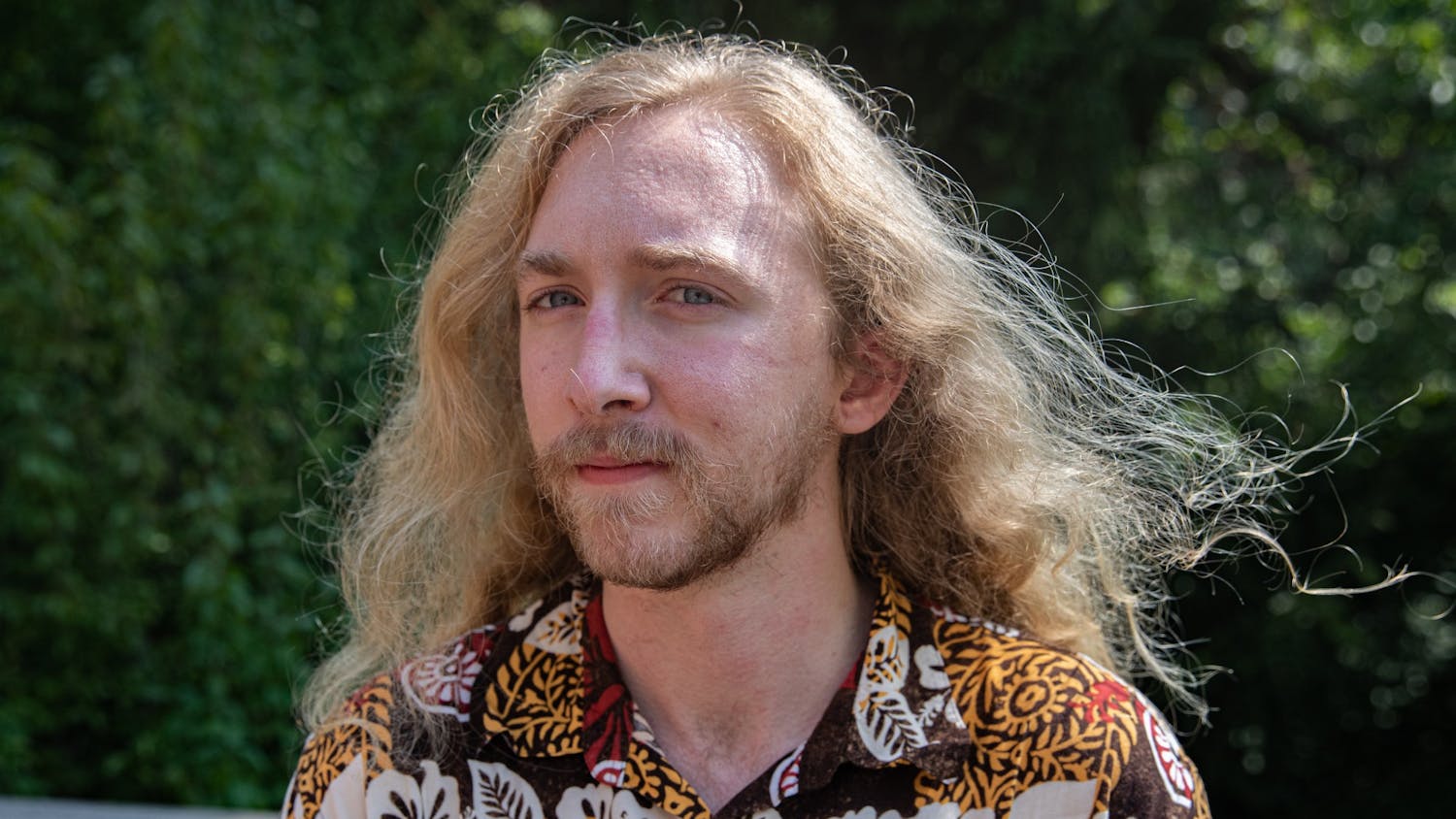Love has its own language that varies from person to person. Our experiences, personal interests and general orientation shapes how our love takes form. Valentine’s day often preys on a heteronormative spectrum of love that comes in twos and costs the price of a bouquet and a box of chocolates.
In an alternative to the standard norm of buying and consuming heart-themed products, why not watch a film that explores the love you experience with those in your life or even yourself? Films as an objective art form provide a variety of narratives for viewers to engage in.
These are films like Hot Fuzz, in which two cops learn to be partners and friends as they navigate a small town mystery. Over the course of the film, they form a common bond among beer and films, while growing as characters. Their common love allows for their own development as men.
Keeping it masculine, we have the original blockbuster Jaws.The singular drive to capture a shark and save Amity Island results in a philia relationship. Love becomes a means to survival as each man watches out for one another in their effort to fight the shark.
In the realm of romance, we have the wonderful Rocketman which explores the multiple facets of Elton John’s life. From the marriages out of necessity, to toxic relationships and love for his best friend. Taron Egerton reflects the multiple aspects of navigating a sexual orientation and a skyrocketing career. At times reflective and others selfish, Rocketman explores the multi-faceted arc of love.
For the hopeless romantic in us all, there is the wonderful duo of Lost in Translation and Her, where love is never an end goal but, rather, a road we travel to something greater within ourselves. Both of these films film follow the characters falling in love and their struggle to maintain it.
Film is a place for reflection, and Lost in Translation and Her explore similar aspects of a relationship. Love becomes a mirror in which we can see ourselves grow. At the end of the day, it was never about falling in love but experiencing it.
Love for a found family can be enjoyed in The Suicide Squad or Hunt for the Wilderpeople. Often, the family we find reflects a deeper understanding of our relationship with one other. The bonds that have been created show a network of love that can exist outside of any binary or nuclear structure.
Though, beyond this is the entirely platonic relationship. Beyond the emotional and physical, we find love at the deepest of our cores. Bonds that exist outside the structure of love and cannot be captured in a Valentine’s Day card. These are the relationship between Major Kusanagi and Batô in Ghost in the Shell, for example. Their relationship moves beyond the corporeal to the philosophical.
Social bonds are constructed around the human experience, and love takes on a new facet where love is talking philosophy over a beer and providing a coat when you need it most.
Love is often too complex to put on a card or capture in a gift. How we feel is often inexpressible, and it needs to be translated to another form. Through art we can explore how we are loved as well as allow us to show love. Through a common language of film, we can explore a deeper side of love.
Benjamin Ervin is a senior studying English literature and writing at Ohio University. Please note that the views and opinions of the columnists do not reflect those of The Post. Want to talk more about it? Let Benjamin know by emailing him be425014@ohio.edu.




